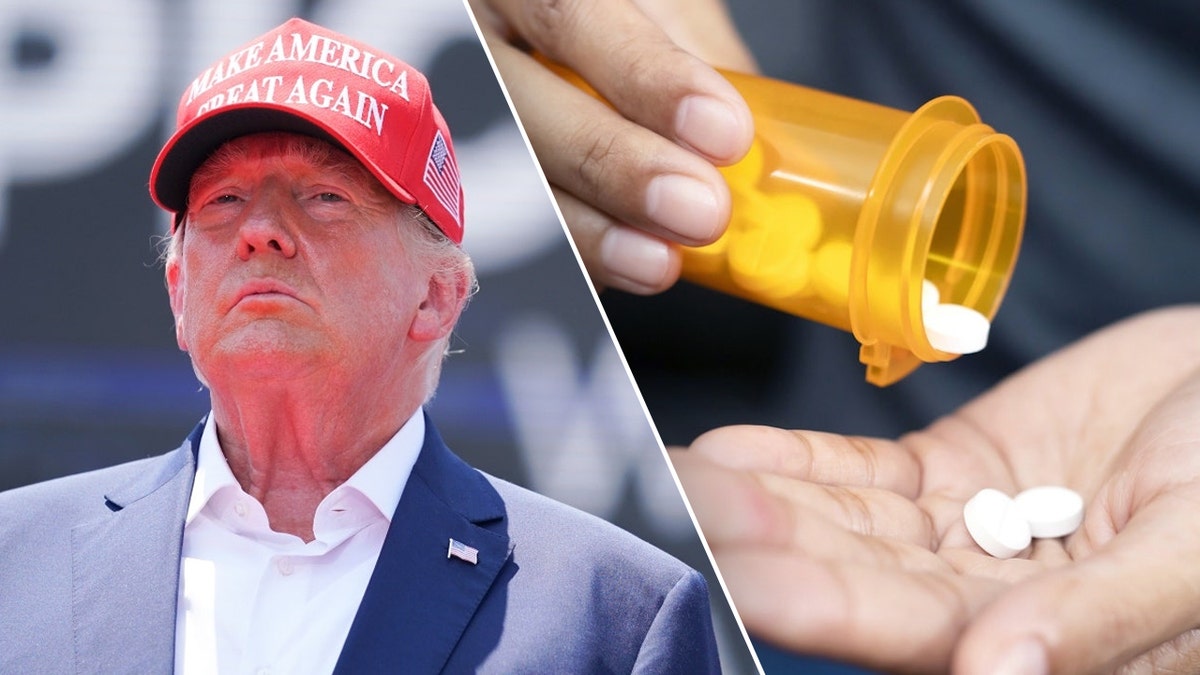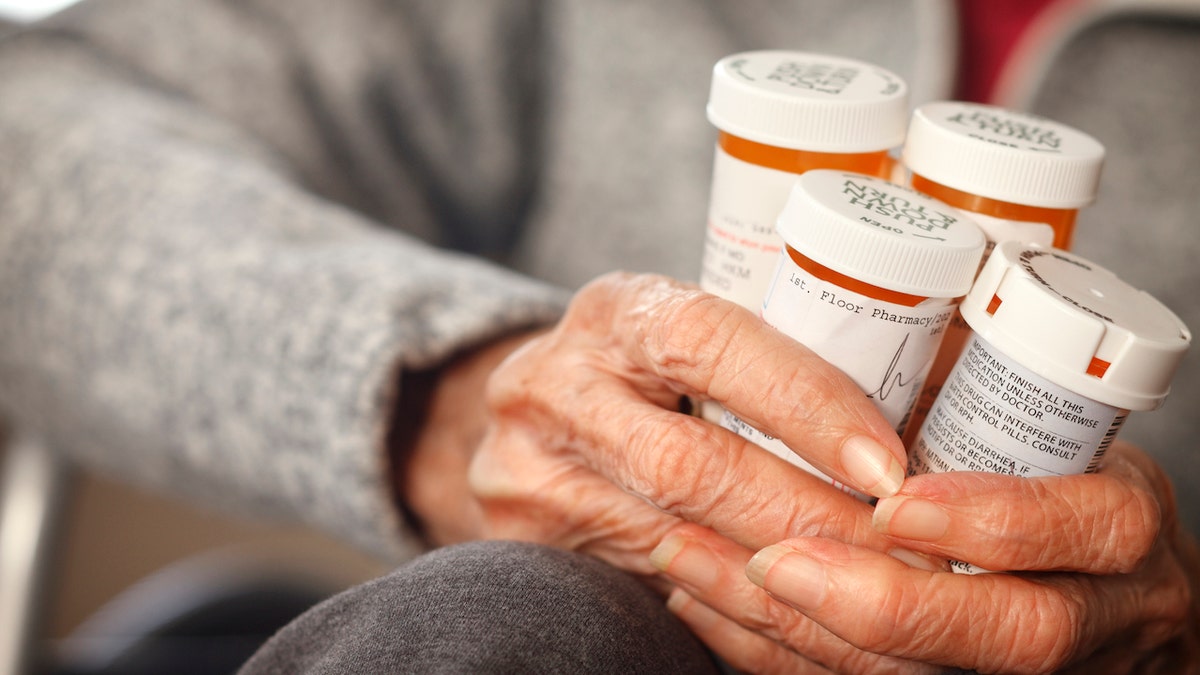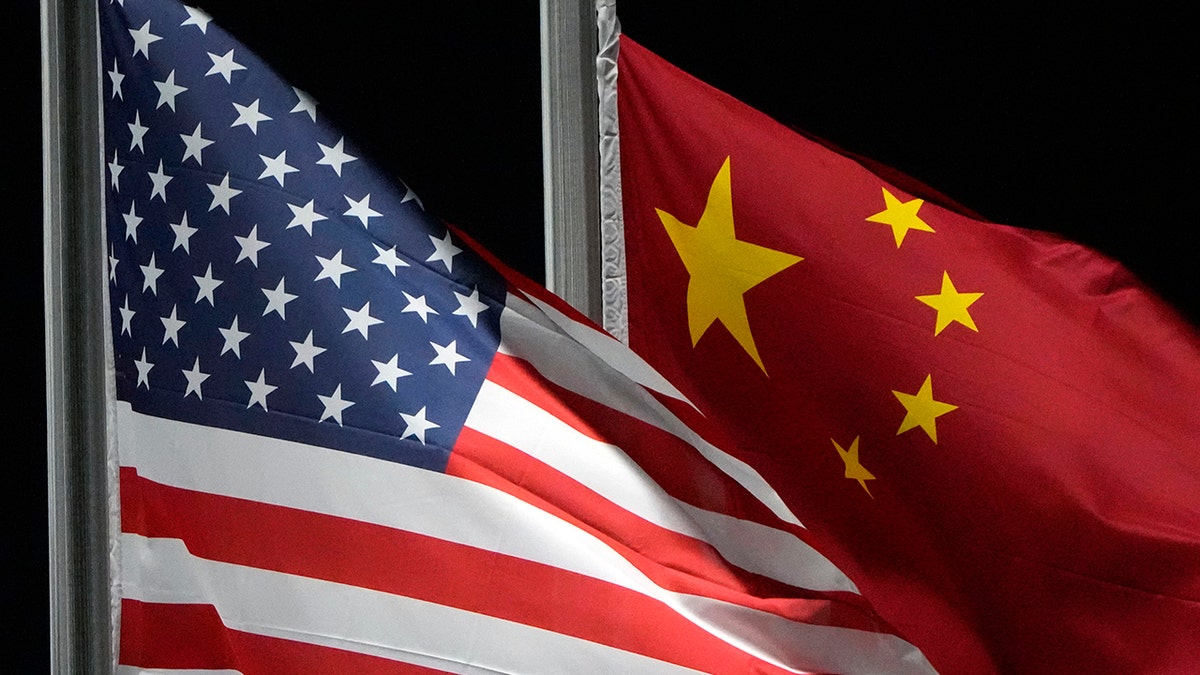president Donald Trump The customs tariff on China has caused great concern about its potential impact on health care costs, but although this step can have a widespread impact on the industry, they may not produce the destructive results that some may expect, but health policy and trade.
A survey conducted by the BAKK Book Research Group found that 84 % of health care consumers who asked they expect to see higher costs due to the increase in prices on medical treatments and medicines as a result of the new Trump tariffs. but Health policy Expert Chris Bob assumed that health care “is not a very circulating sector” and that the sectors that rely on trade relations, such as pharmaceutical drugs or medical devices, will depend on the size of any Trump tariff.
“There is not a lot of international trade for most health care. The largest part of health care services – they are all already provided locally, and hospitals are a local part of health care, so you can take out these two things, and you are a kind of Bob in an interview with Fox News Digital Excluding nearly three quarters of health care spending. ” “Therefore, for the largest part, we are talking about drugs and devices, which, at most, about a quarter of a quarter of health care.”
“In terms of industry prices, whether it is absorbed in its margins, or they do less Research and development, “It is not completely destroyed, but it is definitely annoying.”

A picture of President Donald Trump alongside a picture of a person who raises the pill from a bottle bottle. Experts say that Trump's tariff can have a widespread impact on the industry, and it is difficult to predict, but they added that they will not have the devastating effects that some may think. (Fox News)
Experts told Fox News that the prices of medicines are among the most vulnerable aspects of the health care system, due to the United States' dependence on China for some INS chemicals and vehicles necessary to produce important drugs. However, Bob said that the effect will only affect public medicines, not drugs that carry a demand for demand instead of supply. He said that the generic drugs are already relatively effective in terms of cost, with many of them ranging less than $ 10.
Monica de Paul is an immunity and older colleague at the Peterson Institute for International Economy, and is the Washington -based research center. A bleak picture of the number of medicines that could be affected Definitions.
“Make America expensive again”: Democrats find a tax that they do not like in Trump's tariff
“If you pass a list of things that we import from China when it comes to active drug ingredients, or anything else goes to making medicines that do not imagine, everything is there. If you look at Da Paul and said:“ The list is mainly extending to the scope of medicines The potential that any person takes at any time of their lives. List. “
She added that the more dependent drugs on China include Anxiety medications She said that these prices will surely rise, “and she said that these prices will surely rise.”

The high costs of drugs have become a concern for many after President Donald Trump's tariff for China, on which the United States relies on many of the least strengthened drugs. (Istock)
Experts say the costs in health care may also rise due to disturbances Suppliers For medical devices, they indicated that the effect will be more difficult to generalize, compared to the effect on drug pricing.
“Maybe before (the supply chain) into five stages. Well, now they may have divided it into six or seven stages. Therefore, there are some things that they have to stay in in China, or they must source from China, then take a step in India or a country close.
However, Bob argued that prices may change, depending on the device and the size of the Trump tariff.
“It will differ a lot, according to the place where the devices are manufactured, where the components are manufactured, the type of benefits available from other countries in a local manner, and the degree of revenge,” he said.

There is a discussion about whether the United States should impose its dependence on Chinese -made drugs, such as antibiotics. (AP Photo/Kiichiro Sato)
While Trump's tariff may be new, experts say that leaving China is not. Reducing dependence on the United States on Chinese products associated with health care, especially medications such as antibiotics, was talked about between legislators for some time due to the capabilities National Security Risks. Parallel to these discussions, companies were preparing for future definitions in light of the increasing geopolitical tensions.
“There was a lot of discussion coming from everyone Democratic camp, In addition to the Republic, about the necessity of re -producing certain types of medicines to the United States to reduce dependence on China, “this entire deal on medicines and medical equipment and all of this was under discussion before Trump. Therefore, it is not even Trump's connection.”
Click here to get the Fox News app
“In essence, you know what is happening now with the definitions that Trump imposed is not different from the types of things that these people were thinking about doing anyway.”



